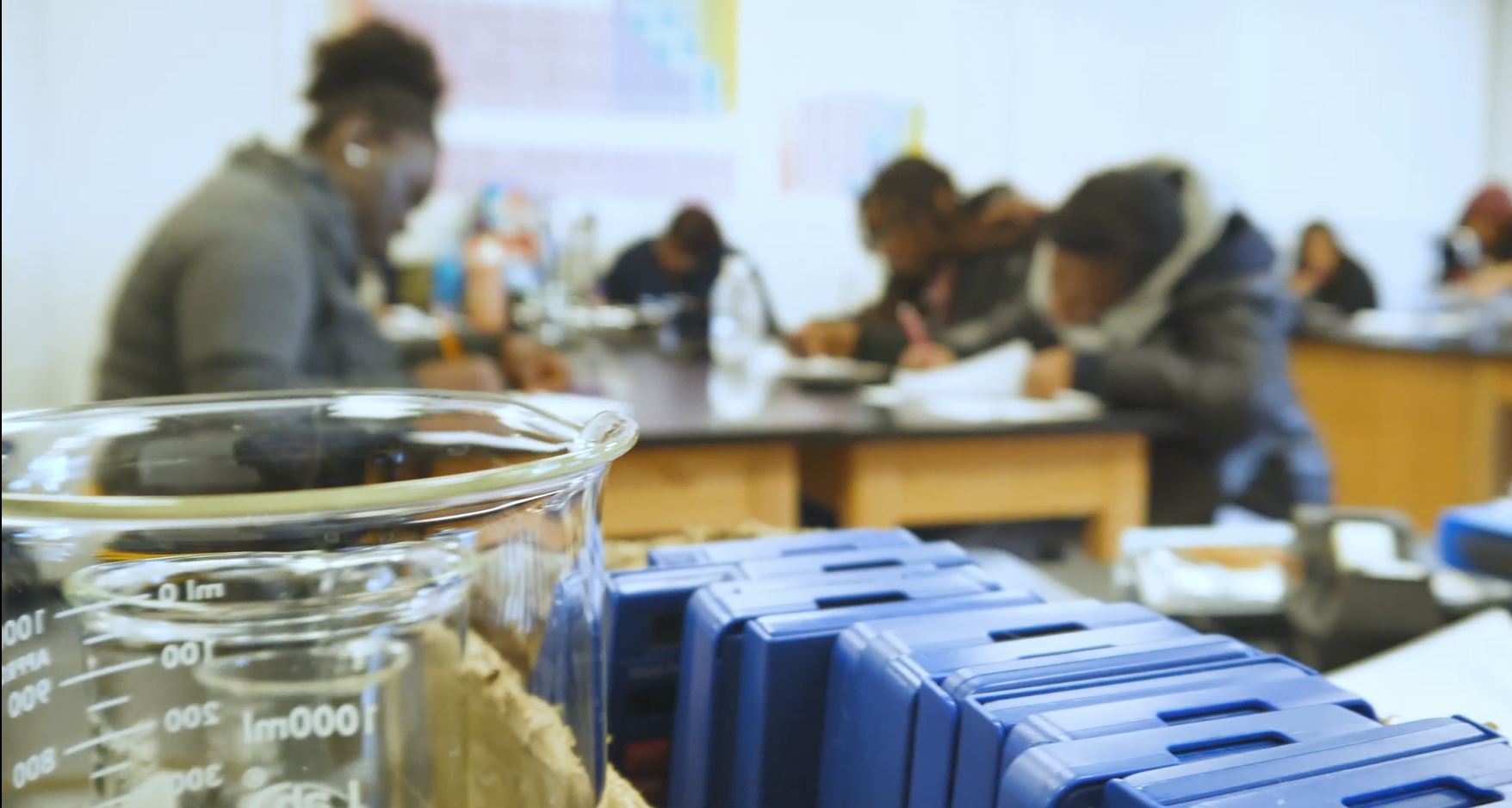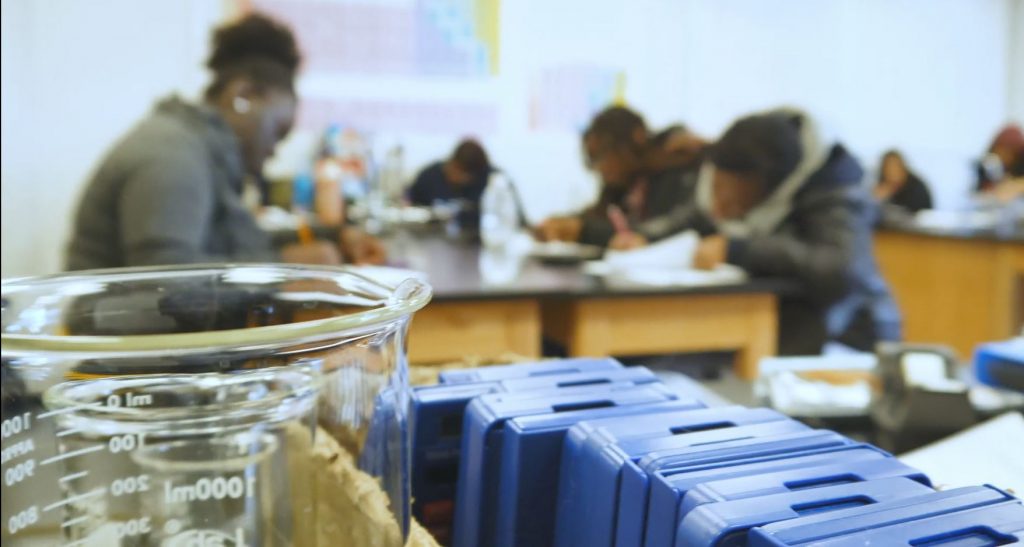‘More Great Seats for Kids’ Newsletter: Parent Perspective on Reopening

Dear School Leader,
 Throughout this past year we’ve talked at length about (and celebrated) the herculean efforts by our school leaders to ensure continuity of learning amid a historic crisis. The transition to remote learning last spring. Technology and meal distribution. Reopening plans. New health and safety practices. Flexibility in the face of rolling mandated school closures, ever changing rules and regs and so, so much uncertainty.
Throughout this past year we’ve talked at length about (and celebrated) the herculean efforts by our school leaders to ensure continuity of learning amid a historic crisis. The transition to remote learning last spring. Technology and meal distribution. Reopening plans. New health and safety practices. Flexibility in the face of rolling mandated school closures, ever changing rules and regs and so, so much uncertainty.
What we haven’t touched upon enough though to this point is how all these efforts are being reflected in the perceptions of those parents and student communities we serve. Through the parent and student focus groups held this charter renewal season though we are starting to get a glimpse – and they offer critical insights for where we can go from here. Four big themes:
- A Successful Transition to Remote/Hybrid: Despite the immense challenges presented last spring after New York went on PAUSE and schools closed, parents of students throughout our renewal schools expressed satisfaction generally in how quickly schools were able to distribute technology and other devices, deliver meals, and adapt their in person instruction to a virtual environment. City School of the Arts parents cited how the schools provided students with materials, including pianos (!) to ensure they could continue arts education remotely.
- High Quality Instruction and Services: It will be some time before we have the data and evidence on “best” practices for virtual / hybrid learning. However, the focus groups reveal that parents are generally supportive of the efforts schools have made in 2020-21 to set high expectations, keep kids on track, and deliver quality academics in this challenging new environment. Sisulu Walker Charter School families cited the high level of targeted, personalized support services offered throughout the hybrid period. Additionally, students at various renewal schools mentioned the importance of their advisory program and other efforts schools have made to support their academic and emotional wellbeing.
- Clear Communications / Responding to Feedback: Many of the families we spoke with noted that schools used families feedback gathered via surveys, town halls, frequent check-ins, or direct parent participation in planning to improve the delivery of instruction and services. Students were also quick to offer praise. Capital Prep Harlem students, for example, discussed how teachers regularly make written comments on their work, or will email or private chat students. (And at least weekly advisors give students and families reports that include feedback in multiple content areas.) Generally speaking, the community felt heard regarding what worked and what didn’t last Spring and believed that schools listened and made critical improvements in preparation for 2020-21. BRAVO.
- Community Building: The focus groups expressed appreciation for how well their schools were able to maintain sense of community and culture throughout the past year, despite the inability to interact physically, whether through virtual events or peer to peer interaction in and outside the classroom. Some, such as Tapestry, maintained its strong sense of community by introducing online community building structures such as student-led conferences, community meetings, and an advisory program.
As I mentioned earlier, it is far too early to make any claims on what constitutes a “best” practice when it comes to remote / hybrid instruction, especially during a global pandemic. We are, as they say, building the plane as we fly it. That’s why it’s more important than ever to listen and learn from the communities that we serve, figure out where we can improve, and share our knowledge and experience with one another. That’s what being an education leader is all about. That is how we uphold the promise of the Charter Schools Act. That’s how we create more great seats for kids, everywhere.
Susie
